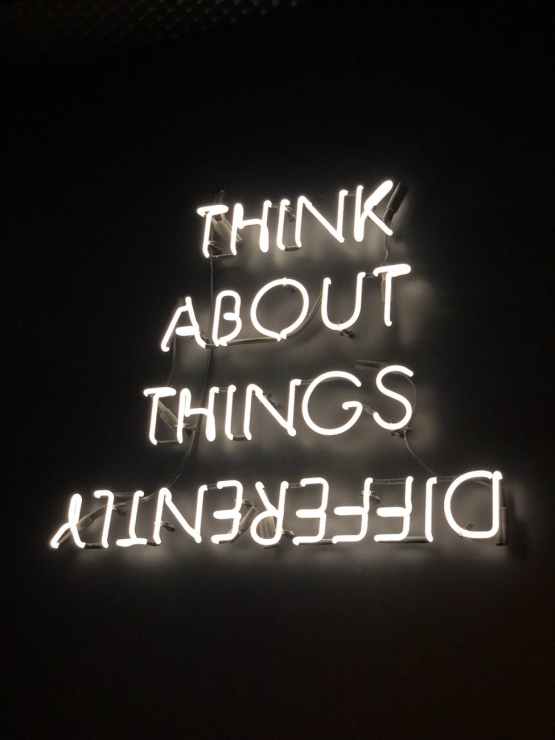
I’m an achievement addict, and I’m working on breaking that addiction.
Before I go on, I want to be clear that this isn’t a humble brag. This is not the equivalent of the person who walks around fake-lamenting about how they wish they weren’t so talented at absolutely everything! This isn’t about talent; it’s about a deep emotional attachment to defining myself by what I produce.
I’m talking about a mindset where the search for achievement overrides everything else. It’s a kind of obsession that drives every decision you make. It’s exhausting and it’s dangerous. It sustains ideologies about work that are bad for everyone. It’s a monolithic goal that stands in the way of happiness because it clouds judgment and overvalues production.
I wrote about it here: “Don’t Fall in Love with Achievement.”
Let me know if you can relate.




